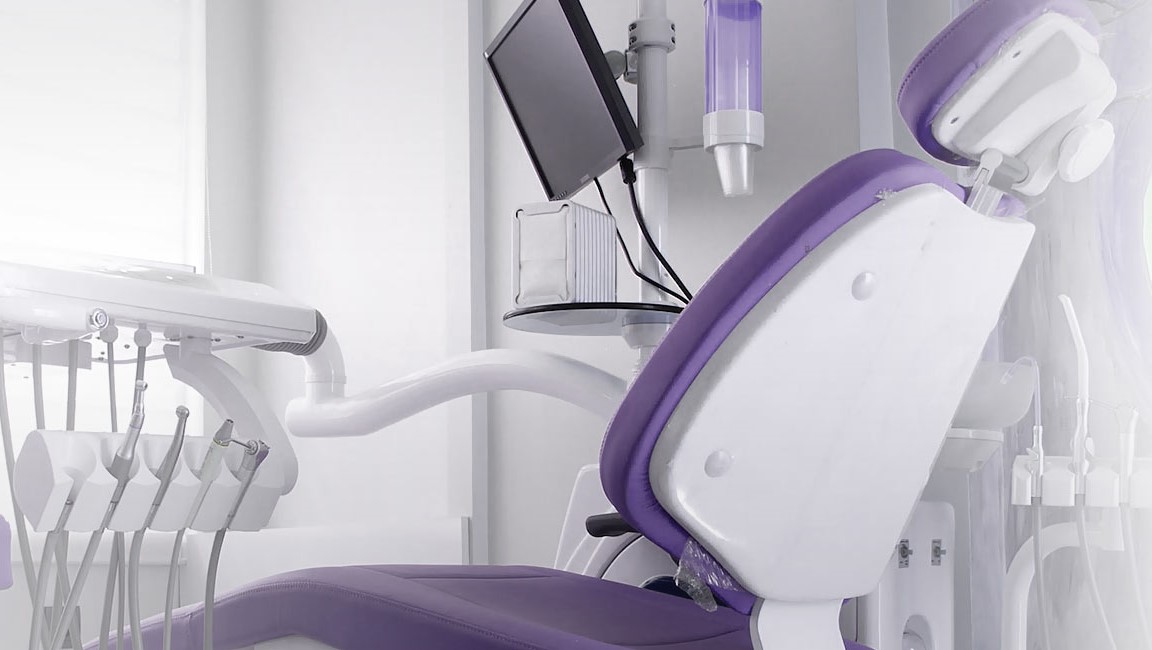- Address
- 26 North Park Boulevard
- Glen Ellyn, IL 60137
- Get Directions
- Meet Us
- Our Services
- Cosmetic Dentistry
- Dental Implants
- Dentures
- Sleep Apnea Treatment
- Sedation Dentistry
- Dental Emergencies
- Advanced Dental Technology
- Dental Health
- Why Choose Us
- Patient Reviews
- New Patients
- Smile Gallery
- Contact Us
- Meet Us
- Our Services
- Cosmetic Dentistry
- Dental Implants
- Dentures
- Sleep Apnea Treatment
- Sedation Dentistry
- Dental Emergencies
- Advanced Dental Technology
- Dental Health
- Why Choose Us
- Patient Reviews
- New Patients
- Smile Gallery
- Contact Us





